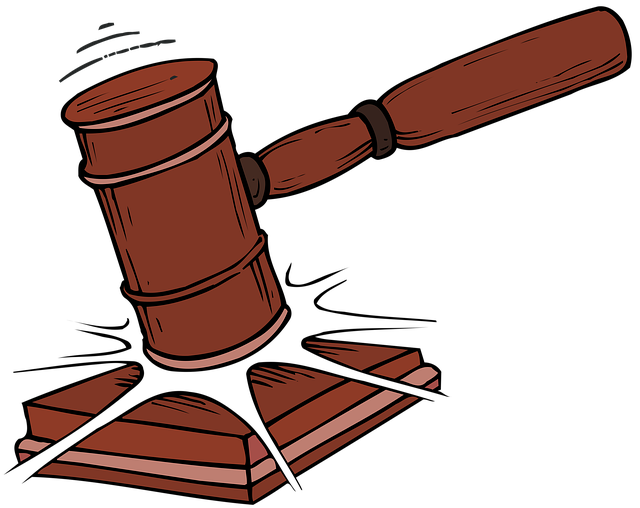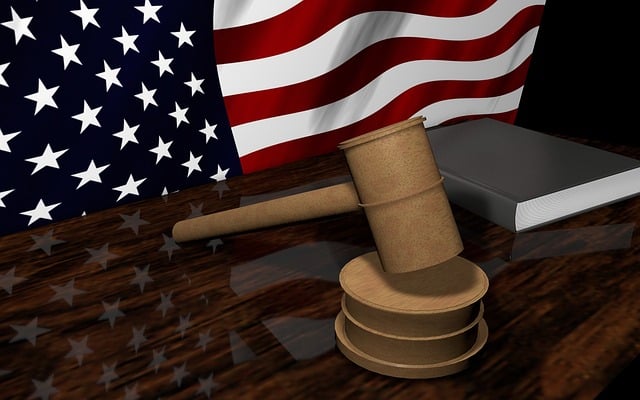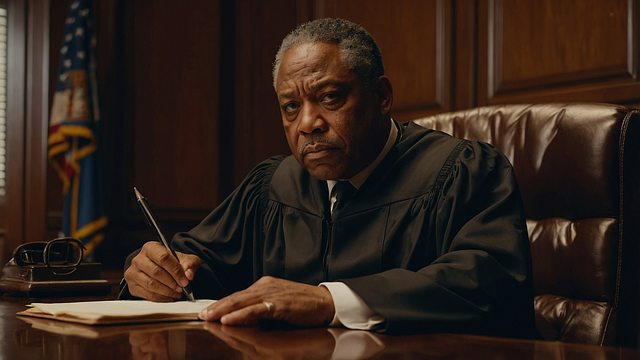Navigating Legal Challenges in Healthcare Regulations involves complex legal frameworks and high stakes. Accused public officials face jury trials with unique rules, requiring strategic defenses against corruption charges. Balancing integrity and robust defense is crucial, impacting public trust and healthcare services. Skilled advocacy, rigorous cross-examination, and strategic approaches are essential for fair verdicts.
“Uncovering the intricate web of public corruption charges demands a meticulous examination of the legal framework governing healthcare regulations. This article delves into the complex interplay between these two spheres, exploring the unique considerations that arise in healthcare-related cases. From understanding the intricacies of public corruption accusations to navigating trials with integrity, we dissect the legal challenges that demand fair and just outcomes. By examining these aspects, particularly within the context of healthcare regulations, we shed light on the essential balance between accountability and justice.”
- Understanding Public Corruption Charges: Legal Framework
- Challenges in Healthcare Regulations: Unique Considerations
- Navigating Trials: Ensuring Fair Justice for Accused
Understanding Public Corruption Charges: Legal Framework

Public Corruption Charges are a complex web of legal challenges rooted in a nation’s commitment to transparency and integrity. The legal framework surrounding these cases varies across jurisdictions, but common elements often include strict definitions of corruption, detailed procedural rules, and robust protections for whistleblowers and victims. Understanding this framework is crucial when navigating the intricate legal challenges in Healthcare Regulations, where officials may face accusations of misusing their positions for personal gain.
A cornerstone of a successful defense strategy in white collar cases is exposing the weaknesses in the prosecution’s case. This can involve challenging the admissibility of evidence, questioning witness credibility, and highlighting procedural errors. By presenting compelling arguments and gathering exculpatory evidence, defendants strive for winning challenging defense verdicts, aiming for a complete dismissal of all charges. Ultimately, achieving such outcomes underscores the fairness and integrity of the legal process in addressing public corruption.
Challenges in Healthcare Regulations: Unique Considerations

The landscape of healthcare regulations presents a unique set of challenges when it comes to public corruption charges. Unlike other industries, healthcare involves intricate networks of providers, insurers, and patients, each with their own set of interests and regulatory requirements. This complexity can create opportunities for unethical practices to go unnoticed or unaddressed, making it a challenging terrain for legal investigators and enforcers. The vastness of data and the diverse range of stakeholders necessitate a meticulous approach, ensuring that all stages of the investigative and enforcement process are thoroughly navigated.
Moreover, healthcare corruption often involves sensitive information and complex financial transactions. Protecting patient privacy while uncovering fraudulent activities requires a delicate balance. Jury trials in such cases can be particularly demanding as they demand clarity in navigating intricate legal and factual issues. However, winning challenging defense verdicts in these scenarios underscores the importance of robust evidence, meticulous legal strategies, and unwavering commitment to justice within the healthcare sector.
Navigating Trials: Ensuring Fair Justice for Accused

Navigating legal challenges in healthcare regulations can be complex, especially when public corruption charges are involved. Ensuring fair justice for those accused requires a delicate balance between upholding the integrity of healthcare governance and providing a robust defense. Accused individuals and their legal teams must navigate a series of jury trials across the country, each with its own set of rules and expectations. This process demands an in-depth understanding of the respective business practices and regulatory frameworks, as well as the ability to present compelling arguments that challenge the evidence presented by prosecutors.
The complexity intensifies when considering the high stakes involved—public trust and the future of healthcare services. Legal challenges must address not just the specifics of each case but also broader implications for industry standards and patient care. Effective navigation of these trials necessitates skilled advocacy, rigorous cross-examination, and a strategic approach that recognizes the nuances inherent in healthcare regulations. Ultimately, it’s about ensuring that justice is served without compromising the principles of fairness and due process.
Public corruption charges pose unique legal challenges, especially within the healthcare sector where regulations are intricate. Understanding the framework and navigating trials fairly is essential to ensuring justice. By addressing these issues head-on, we can foster a more transparent and accountable system, ultimately enhancing public trust in healthcare governance. This comprehensive approach to addressing legal challenges in healthcare regulations is a vital step towards revolutionizing public integrity.






